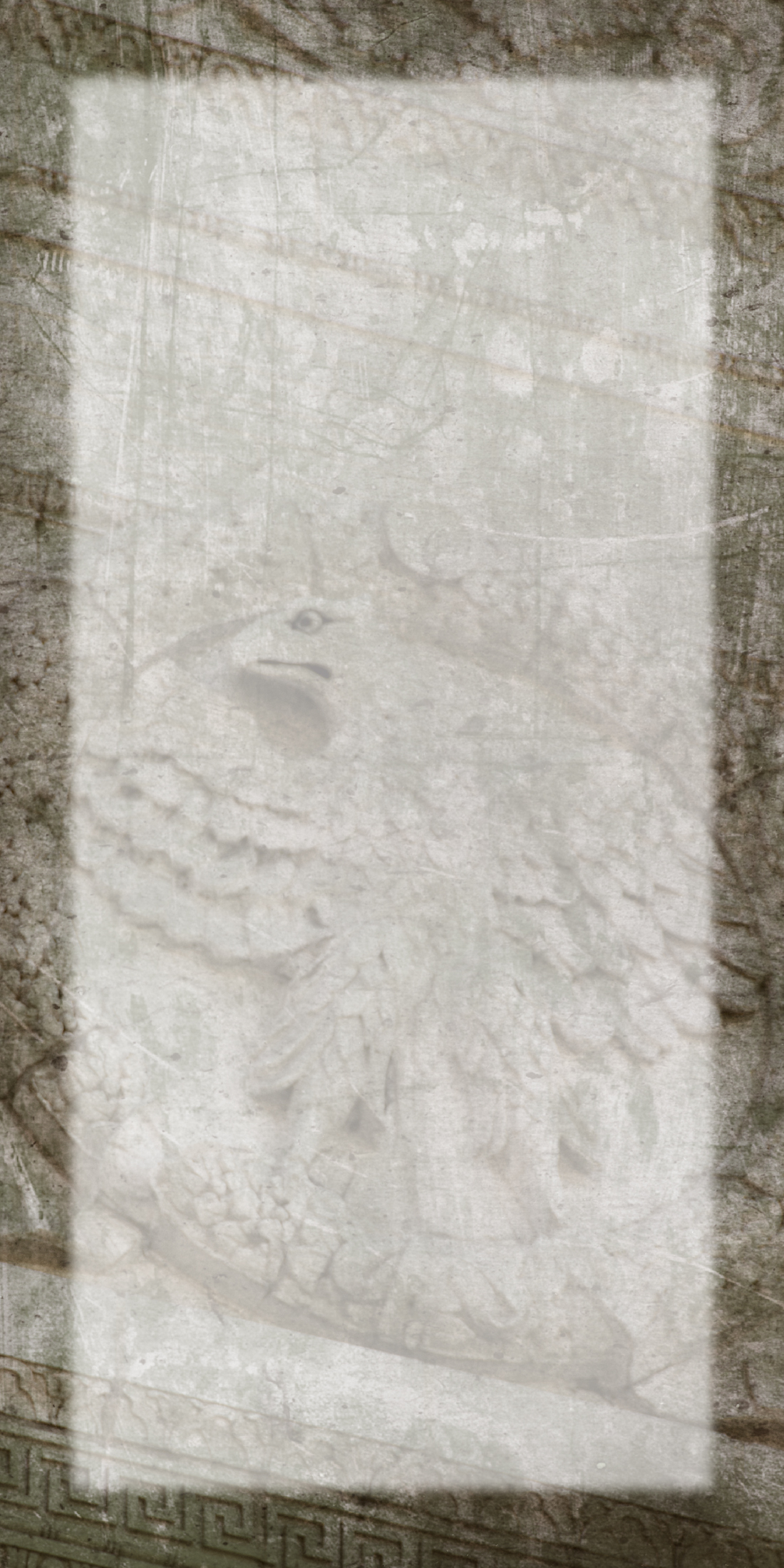Arlene Ang for Per Contra Reviews
Valerie Fox’s latest book, The Rorschach Factory is an engaging psychological journey through that thin line between the mundane and the surreal. As the title suggests, the poems in these pages are based on Fox’s apperception of the world around her. Interestingly enough, her poetry often has the quality of an inkblot itself—limitless, open to the imagination and carefully crafted to provoke an instinctual response from the reader.
The forty poems in this book are divided into four sections: “Out of Time,” “The One Who Leaves You,” “Accomplice” and “Unrest.” The book itself is beautifully printed, perfect bound with a glossy soft cover which features the painting of Charles Cham.
The opening poem, “This is not my cousin” revolves surprisingly around grief. The cousin, like a projected image of the narrator, is always present, taking pictures or going uphill with her crutches. However, the reader’s attention keeps coming back to the dead grandmother. Even God is excluded here. Grief is stripped of its romanticism and put to its place as not a “sensational human condition”:
This is not Eurydice looking back
there are not flowers, there is no pity
when the windchill factor reaches ten below.
A line from Vallejo, “Something identifies you with the one who leaves you…” preludes Part 2 and here we find “Arrange in an Order,” a slow obsession about things the speaker leaves behind or forgets, things he picks up on the way, and facts that he learns at times against his will:
My wife asserted her literary last will. She thought of her piano the way my assistant thinks of his brushes.
His brushes are delicate as eyelashes. They are not whiskers. Neither are they hairs.
The letters of introduction must be taken into account. If you read them with care they create an overall impression of simplicity.
Here the speaker has all the facts before him and everything is angled to hint on a love triangle. Already, he’s got the subtle impression that his wife has more in common with the assistant than he does. This is where Fox excels in her writing: the ability to pose situations that are both simple and complex at the same time.
There is also an inherent playfulness and tongue-in-cheek humor in these poems, particularly marked in “Intruder” where the burglar denies taking anything from the refrigerator or tracking mud in the hallway, remarking almost self-effacingly that he wouldn’t do such things, but admits:
…I took away for myself a few unobvious items. You’ll see but it may take you a while. I did not leave you this note.
The last line flashes a whole series of questions in the reader’s mind, which sounds altogether like the psychologist when posing a Rorschach card to the patient, “What might this be?” That is, if the intruder didn’t leave the note, who did? A second burglar? Has the intruder’s thoughts and actions been intruded upon, too? Or could he be lying—what more can we expect from someone who sneaks into our house? The whole effect is delightful and bound to gnaw at the reader’s mind for a long time.
In Part 3, “Accomplice,” there is an ironic poem entitled “I Will Support the Government After All” which muses metaphorically about the war, politics and the problem of oil:
What you lack in blonde you make up for
what you lack in fructose you make up for in
what you lack in verbs you make up for what
you lack in promises
you make up for in stamps

